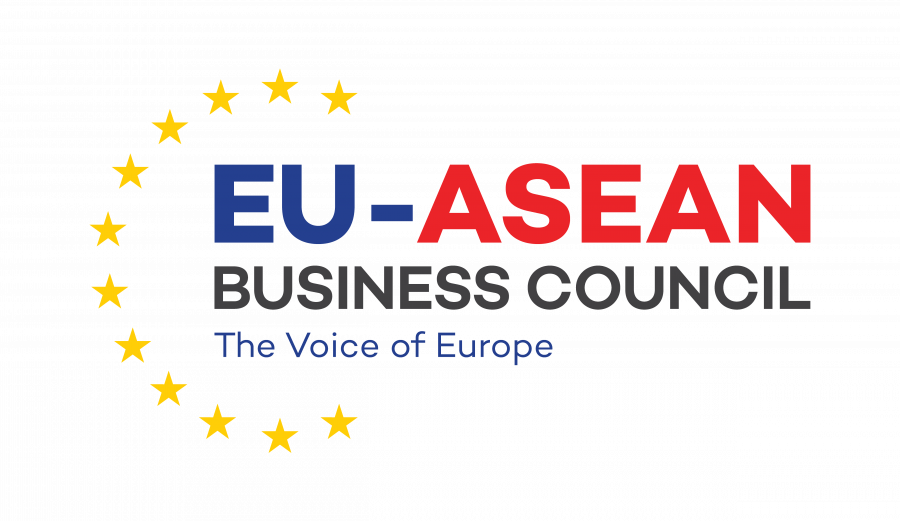While Malaysia has achieved improvements in life expectancy and developed a growing modern economy, Non-Communicable Diseases (NCDs) and HIV remain as major disease burdens in the country. For NCDs, one out of five adults suffer from at least one risk factor for cardiovascular diseases (CVD), making it the leading cause of mortality in Malaysia. For HIV, although new HIV infections have dropped 70% over the last 20 years, progress has faltered and a new report by UNAIDS, published in 2021, suggests that the epidemic is once again on the rise in Malaysia.
To sustain a healthy population for an economically productive Malaysia, the Ministry of Health has placed the battling of NCDs and screening for HIV priorities to ensure a healthier population. To tackle the problem of NCDs, the National Health Screening Initiative (NHSI) of Malaysia – which is a key activity under Thrust 3 of Agenda Nasional Malaysia Sihat (ANMS) – was introduced to ensure a long-term plan to guide the nation towards healthy living as it steers out of the COVID-19 pandemic. Among the screening programmes under NHSI are subsidised health services at almost every health facility under the Health Ministry, through the Health Care Scheme for the B40 group (PeKa B40) and the Social Security Organisation (SOCSO) health screening package. Additionally, to reverse the trend of rising HIV cases in Malaysia and achieve the 95-95-95 WHO targets (which, for Malaysia stood at 87-58-85 in 2020), the Ministry of Health is committed to strengthening and improving the “test-and-treat strategy” to avail screening for the key population groups to contain its spread.
There is no immediate remedy for healthcare woes – Malaysia is no exception. But, so long as the Rakyat – the people – is placed first, and healthcare infrastructure is continuously curated for the citizens through regular meetings between various public and private stakeholders, solutions through early screening can be detected to make a positive difference for the Rakyat of Malaysia.

